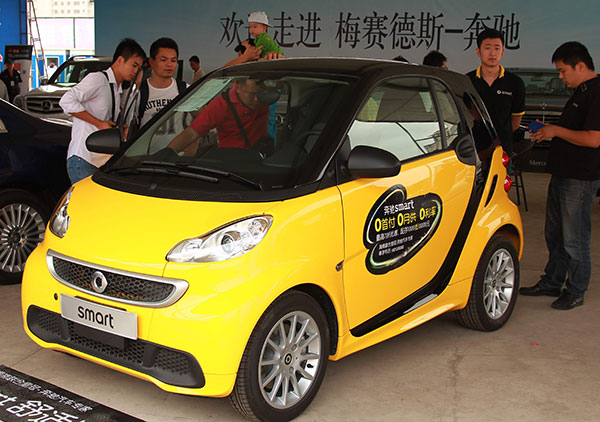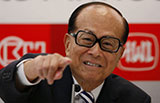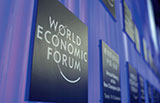Antitrust rules for auto sector soon
By Lan Lan (China Daily) Updated: 2015-08-13 09:29
 |
|
A Mercedes-Benz Smart model on display at an auto show in Haikou, capital of Hainan province, in March. The anti-monopoly regulator has started the drafting of antitrust guidelines for the automobile industry. [Shi Yan / for China Daily] |
China's anti-monopoly regulator has started the drafting of antitrust guidelines for the automobile industry, which are likely to involve issues emerging from online sales and parallel car imports.
A first draft is expected for public consultation by the end of the year with a final version to be published by the anti-monopoly commission under the State Council "in due course", sources close to the process told China Daily.
The National Development and Reform Commission sent out its first round of questionnaires which form the basis for the guidelines in early July, to automakers, suppliers, dealers, service providers and trade associations.
According to an official with the NDRC's price supervision and anti-monopoly bureau, further questionnaires are expected in coming months, with more interested parties being invited to give feedback to ensure complete openness and transparency.
The guidelines will cover antitrust issues related to auto and parts supply, vehicle distribution and after-sales services, as well as those arising from new business formats such as offline-to-online and parallel imports.
Jessica Su, a member of the drafting team and a scholar at the Chinese Academy of Social Sciences, said the guidelines will help clarify how China's antitrust regulator deals with maintaining resale prices, territorial restrictions, and exclusive supply and purchase.
Around 50 representatives from domestic and international automakers, suppliers, dealers and lawyers participated in a policy meeting hosted by the NDRC on Friday.
Some of those involved said they still felt confused, however, over various aspects of the current anti-monopoly laws.
One representative of a German luxury carmaker said half of its more than 400 dealers in China were finding it hard to make profit amid difficult market conditions without being offered extra subsidies. Under such circumstances, it is difficult to totally relax control over dealers.
Deng Zhisong, an antitrust attorney with Beijing-based Dacheng Law Office, said the old model for car and parts sales should be changed and many believe automakers should stop subsidizing dealerships.
Some automakers said they were also concerned about introducing a more relaxed system for after-sales servicing. Previously, automakers have only distributed branded replacement parts through authorized networks.
A representative from one international supplier said the development of key components is invested by the suppliers, while the automakers only do some follow up development such as adding a connector or changing the size accordingly, but automakers don't permit suppliers to sell the parts to the after-sales market.
Deng said the government had a duty to ensure the security of components in the after-sales market, but it needs more involvement from other government authorities such as the Ministry of Commerce. The guidelines' focus should be ensuring fair competition.
The NDRC officially started drafting the new rules in May, based on experiences gained from enforcement activities, including competition penalties against companies including Audi AG, Chrysler Group LLC and Mercedes-Benz.
Its research into antitrust issues surrounding the auto industry started as early as 2012.
Meanwhile, industry sources said the NDRC's antitrust probe into Nissan Motor Corp's joint venture with Dongfeng Motor Corp has entered the final stages, with penalties likely to be announced soon.
- 2015 China International Fair for Investment and Trade kicks off in Xiamen
- China's commodity imports robust in Jan-Aug period
- China stocks rebound 2.92%
- 2015 China box office already past 2014 total
- China foreign trade decline widens in August
- Interview: JP Morgan's senior executive bullish on China
- Innovation, development the focus for NZ mayors
- Lives of freelancers

















